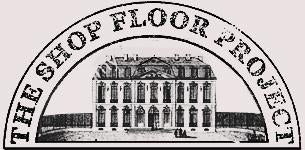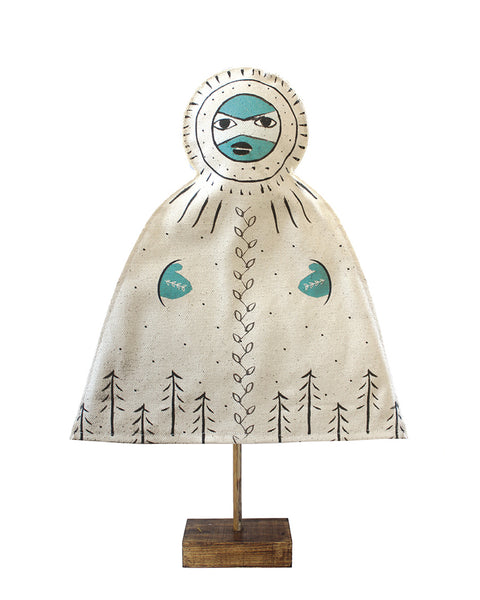Your cart is currently empty!
-
SHOP COLLECTIONS
- CHRISTMAS | DECORATIONS
- CHRISTMAS | FESTIVE TABLE
- CHRISTMAS | ARTIST-MADE GIFT GUIDE
- NEW | DENISE ALLAN | THE NIGHT FOREST
- NEW | TRADE PLATES BY CARLO BRISCOE
- NEW | CHARLOTTE SALT | A TILED TAPESTRY
- NEW | SARAH BATTLE | PAPERCUT COLLECTION
- ARTISTS' CUSHIONS
- ARTISTS PRINTS
- CRAFT KITS
- PAINTINGS & ORIGINALS
- CERAMICS
-
SHOP BY MAKER
-
SHOP COLLECTIONS / ARTISTS' PRINTS
- All Prints
- Papercut Quilts by Sarah Battle
- Gods, Dreams & Fairy Tales by Kosuke Ajiro
- An Artist's Garden by Georgie Richardson
- Painted Portraits by Michaela Gall
- The Gardeners by Miku Tsuchiya
- The Plant Hunter by Denise Allan
- A Golden Age by Raphael Balme
- Paper Parables by Lisa Sandner
- In the Garden by Raphael Balme
- Blue Works by mirocomachiko
- Assimilation by Dillon Marsh
- Birds of a Feather by Denise Allan
- Feast of Auricula by Denise Allan
- 17th Century Paintbox
- Folk Art Fish
- The Botanist by Moira Frith
- Hot House Plants by Samantha Allan
- Wall Flora Studies by Denise Allan
- Bird Studies by Denise Allan
- Exotic Pets by Raphael Balme
- Estuary Structures by Denise Allan
-
SHOP COLLECTIONS / Paintings & Originals
-
SHOP COLLECTIONS / CERAMICS



















